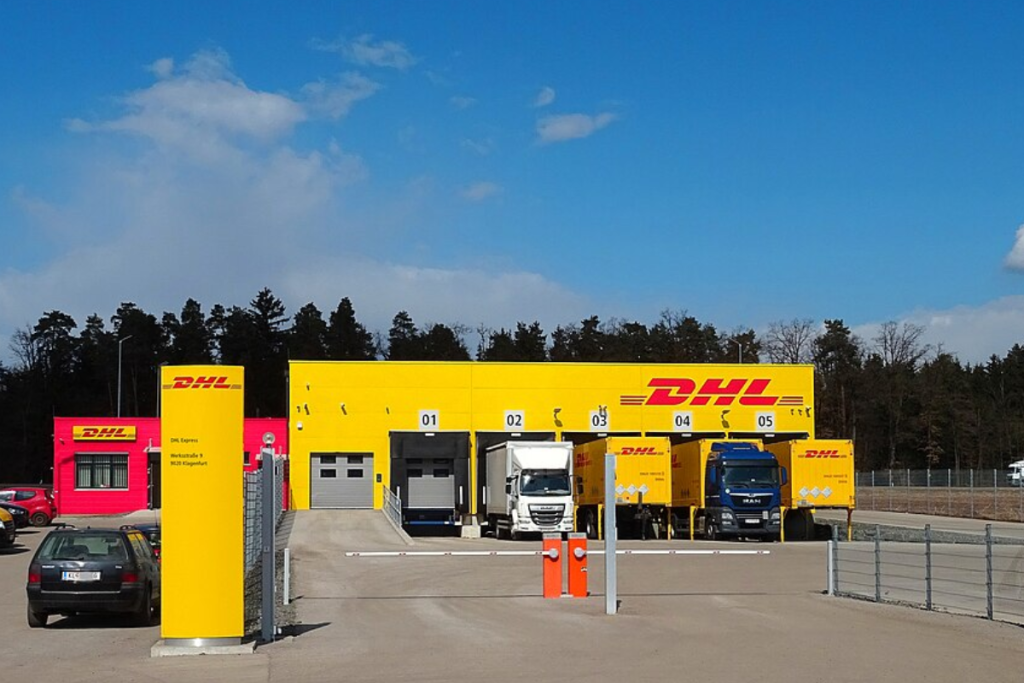DHL Express Canada is facing a significant labor challenge as over 2,100 unionized employees, represented by Unifor, began striking following a company-initiated lockout. The labor action, which involves couriers, truck drivers, warehouse staff, and clerical workers across multiple provinces, stems from prolonged contract negotiations that have been ongoing since last year.
The previous agreement expired on December 31, and despite efforts to reach a resolution, tensions escalated with Unifor filing a 72-hour strike notice after DHL issued a lockout notice.
Potential Ripple Effects on Logistics and Events
Unifor is advocating for improved wages and working conditions while opposing changes that reportedly reduce pay for owner-operators. Meanwhile, DHL has emphasized its commitment to a fair agreement that aligns with the current economic climate, ensuring competitive compensation for owner-operators. The union’s members had already signaled their readiness for action, with 97% voting in favor of a strike in May.
The strike could disrupt logistics flows for DHL Express Canada’s shippers, which include major brands like Temu, Shein, Lululemon, and Siemens Canada. Additionally, the labor action poses risks to high-profile events such as the Canadian Grand Prix in Montreal, scheduled for June 13–15, where DHL is responsible for transporting Formula One vehicles.
Despite these challenges, DHL has activated contingency plans to maintain operations across its Canadian network. In a statement, the company expressed confidence in its ability to sustain reliable service, though it did not disclose specific details about the measures in place.
The strike compounds existing pressures on Canada’s parcel delivery sector. Canada Post workers, currently enforcing an overtime ban amid their own contract negotiations, have already driven customers to seek alternative carriers. This shift in demand could further strain logistics networks as DHL navigates its labor dispute.
Navigating a Complex Delivery Landscape
The DHL Express Canada strike highlights the fragility of the country’s parcel delivery ecosystem, particularly as multiple carriers face labor challenges. While DHL’s contingency measures aim to mitigate disruptions, the broader implications for shippers and event organizers reflect the need for diversified logistics strategies.
Businesses reliant on time-sensitive deliveries may need to explore alternative solutions or adjust timelines to navigate the uncertainty. Looking ahead, the situation serves as a reminder of the critical role labor relations play in maintaining supply chain resilience. As negotiations continue, the outcome will likely shape not only DHL’s operations but also broader industry dynamics in Canada’s logistics sector.







